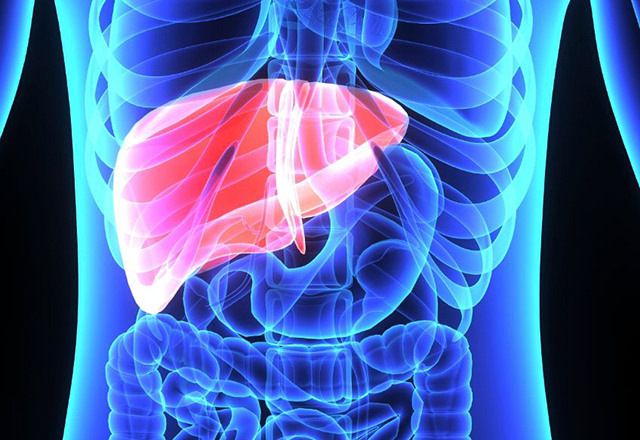SCOTTSDALE, Ariz. — A program in Chicago is helping historically underrepresented groups gain improved access to a kidney transplant, a presenter said here.
The aim of the Northwestern Medicine African American Transplant Access Program (AATAP), led by transplant surgeon Dinee C. Simpson, MD, FACS, is “to break down barriers to transplant care in the African American community through access to education, resources and quality transplant care,” according to the AATAP website.
Read the full story in Healio.






